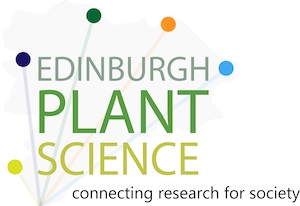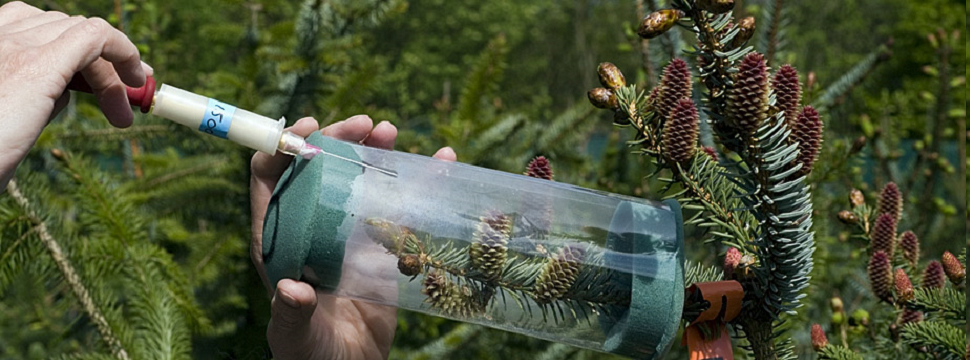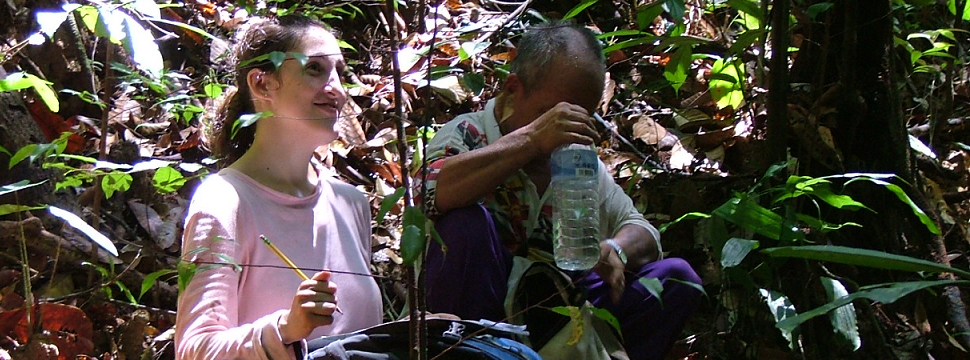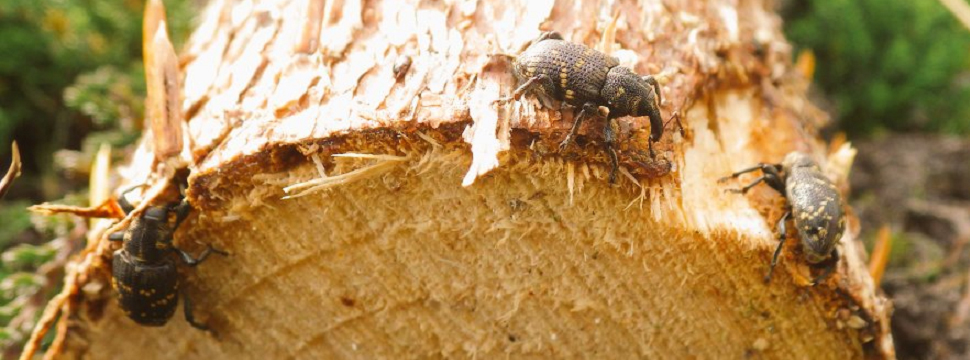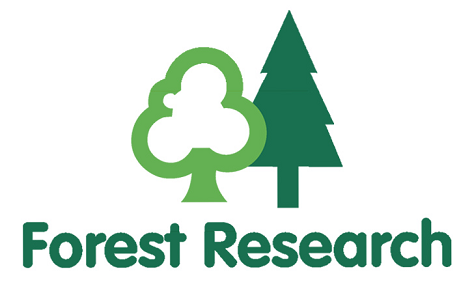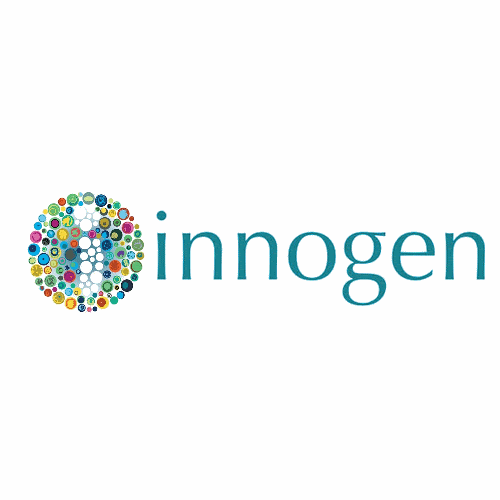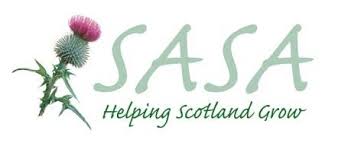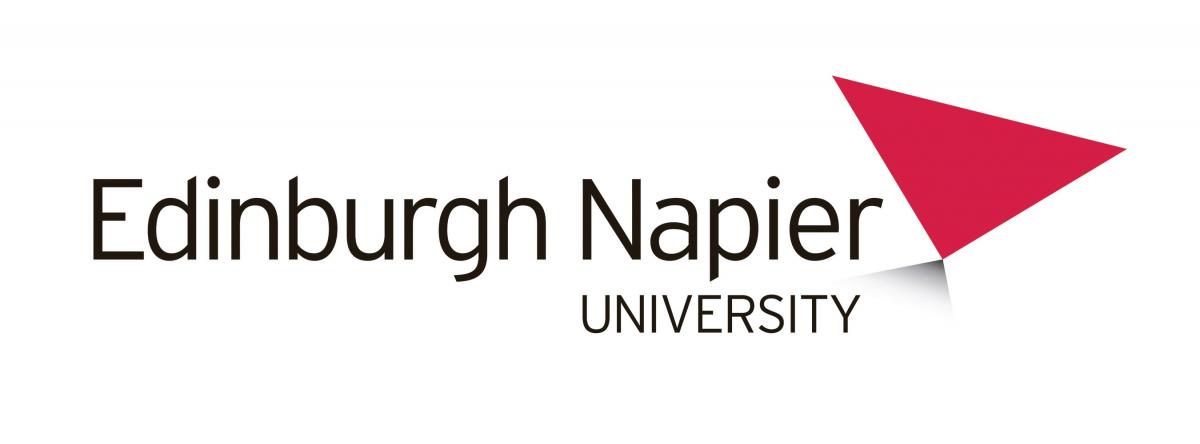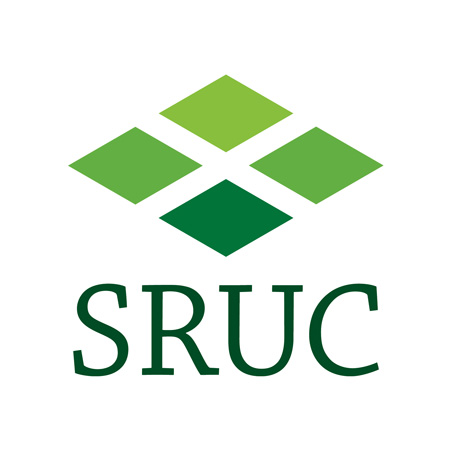EPS partners have diverse interactions with a range of industries, from agrochemical to pharmaceutical companies. We are actively seeking industrial partners to exploit emerging technologies. EPS members are eligible to apply for financial support from a range of schemes, e.g. BBSRC LINK and Industrial Partnership Awards schemes, TSB AgriTech Catalyst, IB Catalyst and Sustainable Agriculture and Food Innovation Platform.
Dr Lorraine Kerr, our Commercial Relations Executive, can help you navigate to an EPS group that matches your interests.
Contact details: lorraine.kerr@ed.ac.uk, tel. +44 (0)131 651 9070.
Also see: Edinburgh Research and Innovation key contacts
Case Study
Plant stem cells could be fruitful source of low-cost cancer drug
A popular cancer drug could be produced cheaply and sustainably using stem cells derived from trees.
 Professor Gary Loake at the University of Edinburgh has isolated and grown stem cells from a yew tree whose bark is a natural source of the anticancer compound paclitaxel. The development could enable the compound to be produced on a commercial scale at low cost, with no harmful by-products. Scientists and engineers behind the development say the drug treatment – currently used on lung, ovarian, breast, head and neck cancer – could become cheaper and more widely available.
Professor Gary Loake at the University of Edinburgh has isolated and grown stem cells from a yew tree whose bark is a natural source of the anticancer compound paclitaxel. The development could enable the compound to be produced on a commercial scale at low cost, with no harmful by-products. Scientists and engineers behind the development say the drug treatment – currently used on lung, ovarian, breast, head and neck cancer – could become cheaper and more widely available.
The study was carried out by the University of Edinburgh and the Unhwa Biotech company in Korea. Researchers claim that using stem cells – self-renewing tree cells which can be manipulated to produce large amounts of the active compound – would effectively create an abundant supply of the drug. The process would cost far less than conventional methods.
Scientists behind the project have also cultured stem cells from other plants with medical applications, indicating that the technique could be used to manufacture other important pharmaceuticals besides paclitaxel.
The study was published in Nature Biotechnology and supported by the Biotechnology and Biological Sciences Research Council and the Engineering and Physical Sciences Research Council.
Professor Loake said “Plants are a rich source of medicine – around one in four drugs in use today is derived from plants. Our findings could deliver a low-cost, clean and safe way to harness the healing power of plants, potentially helping to treat cancer and other conditions.”
